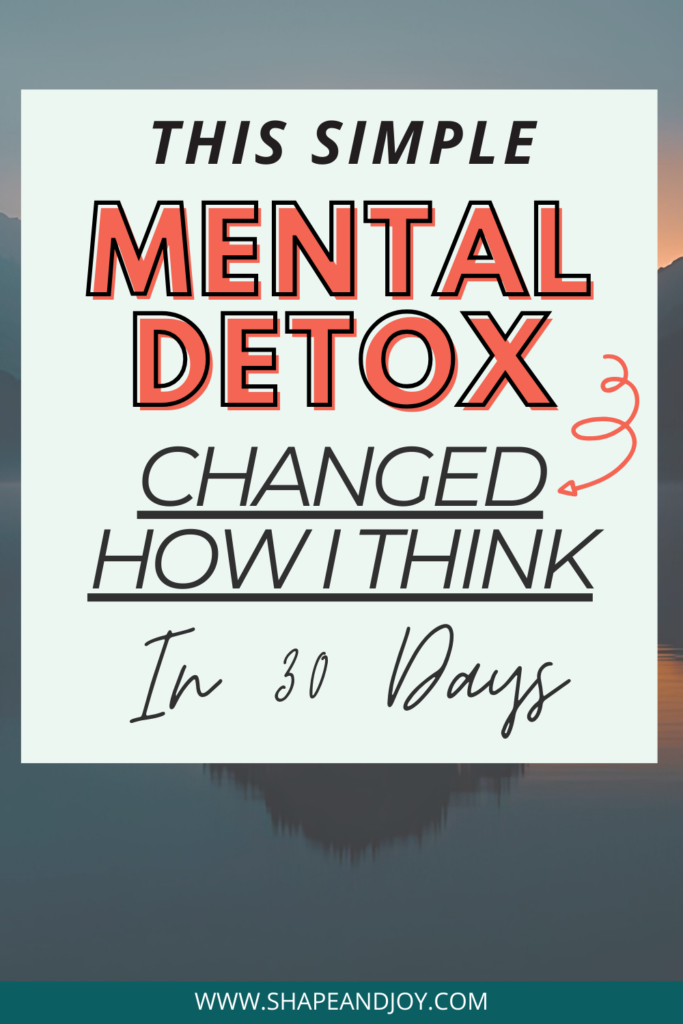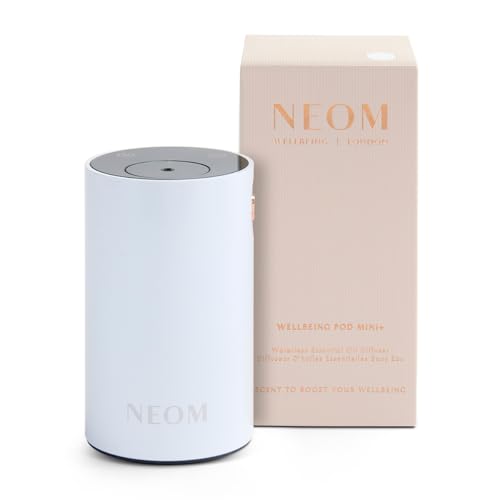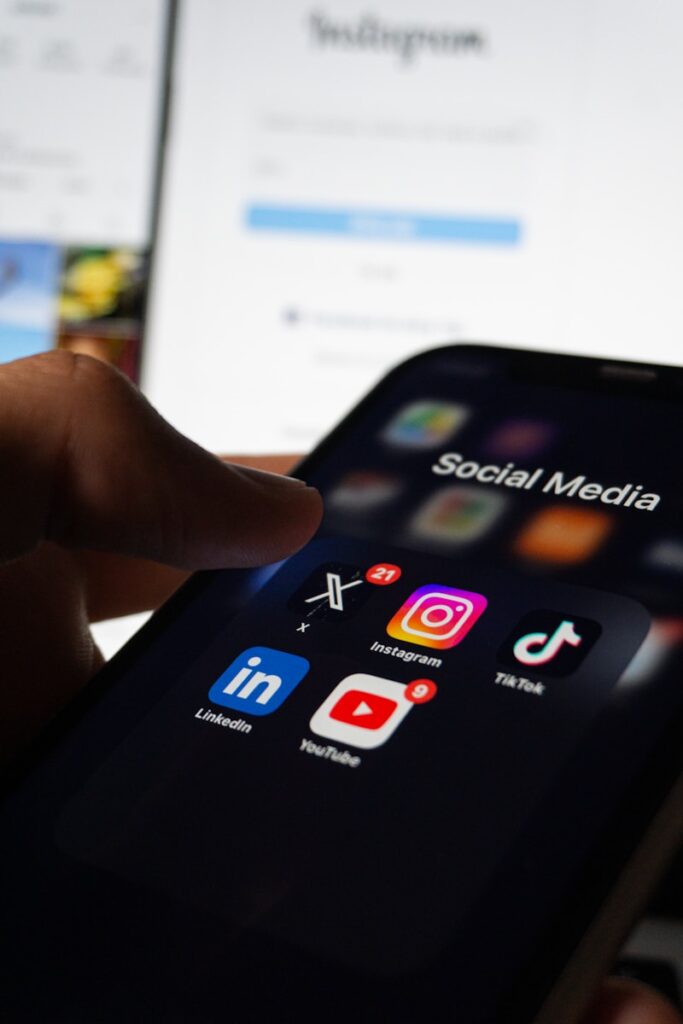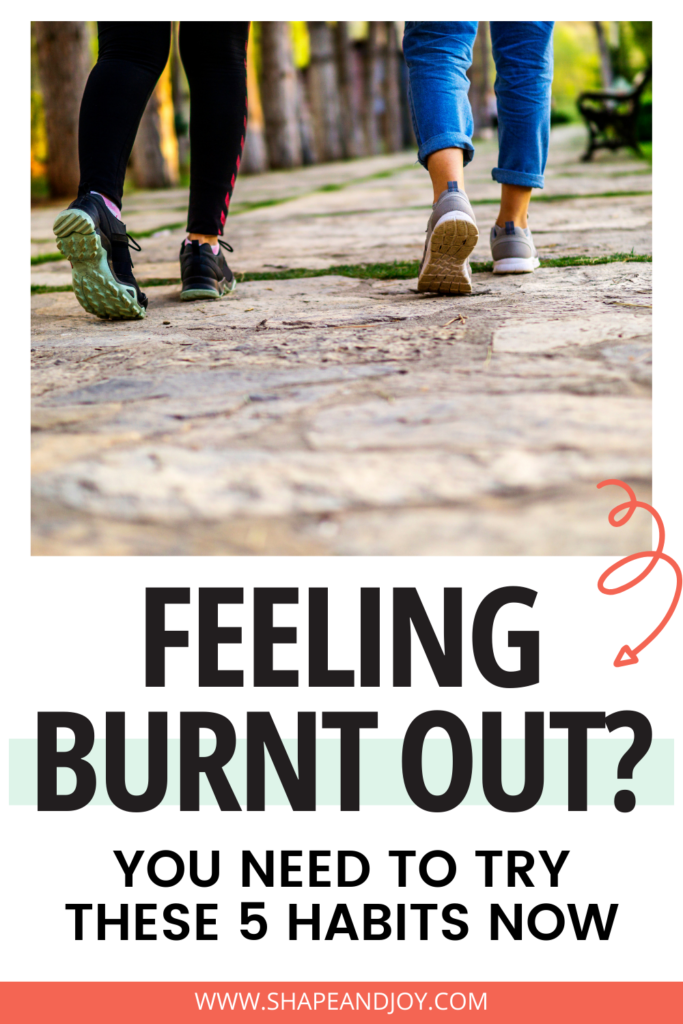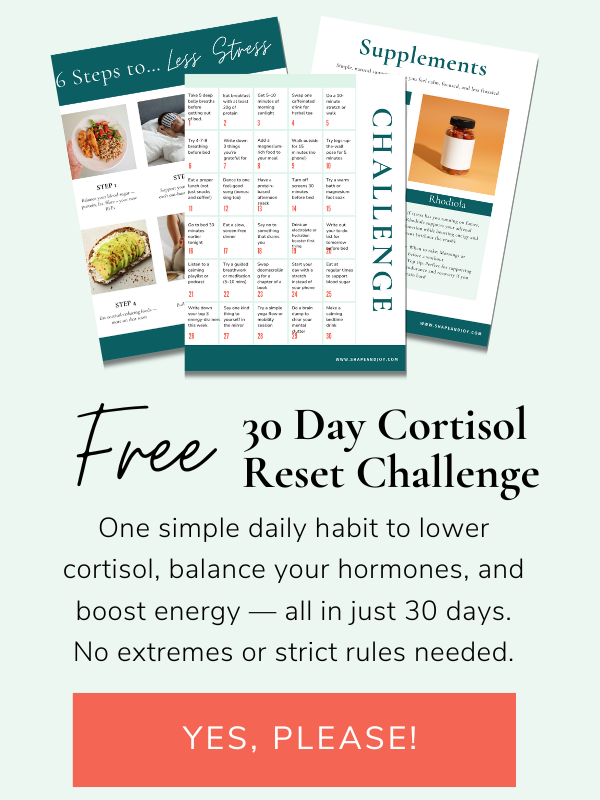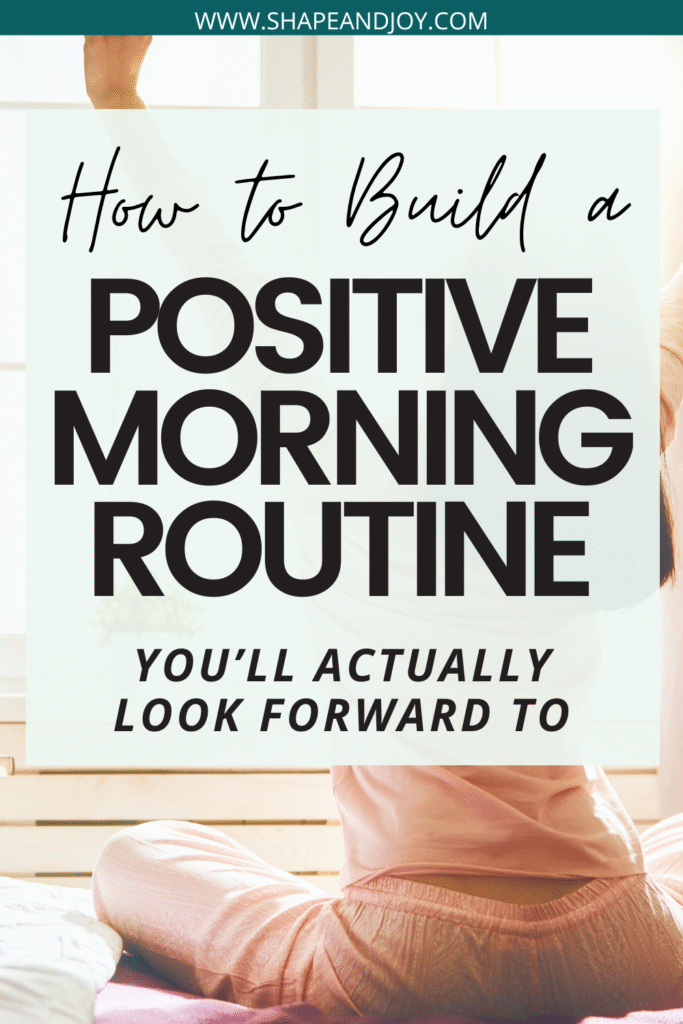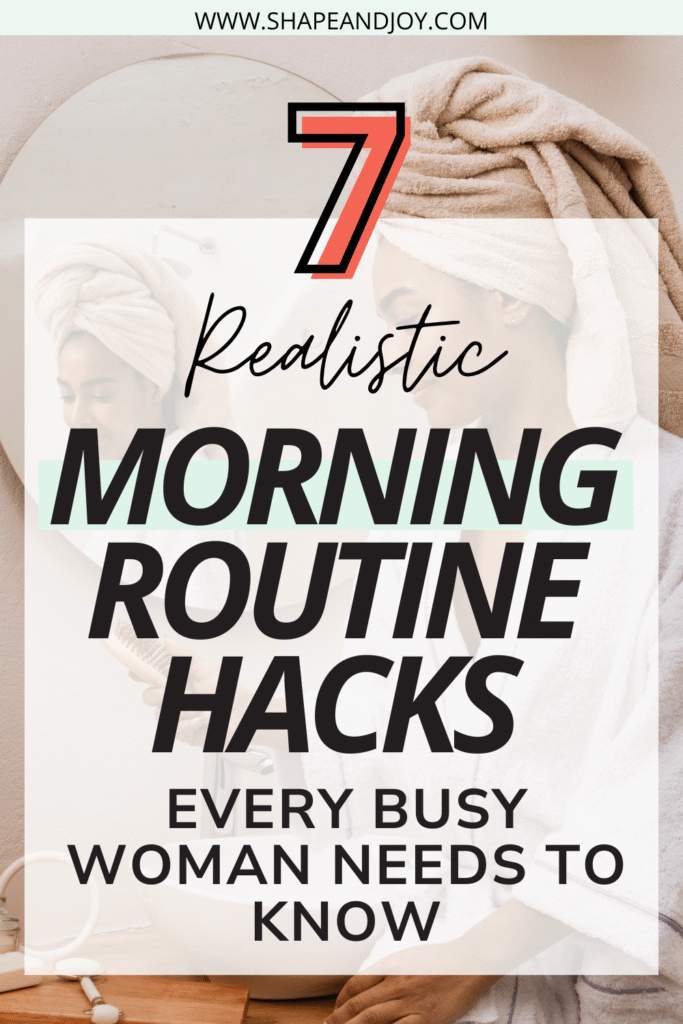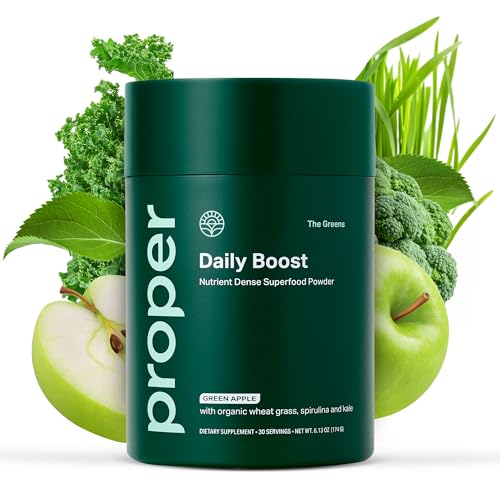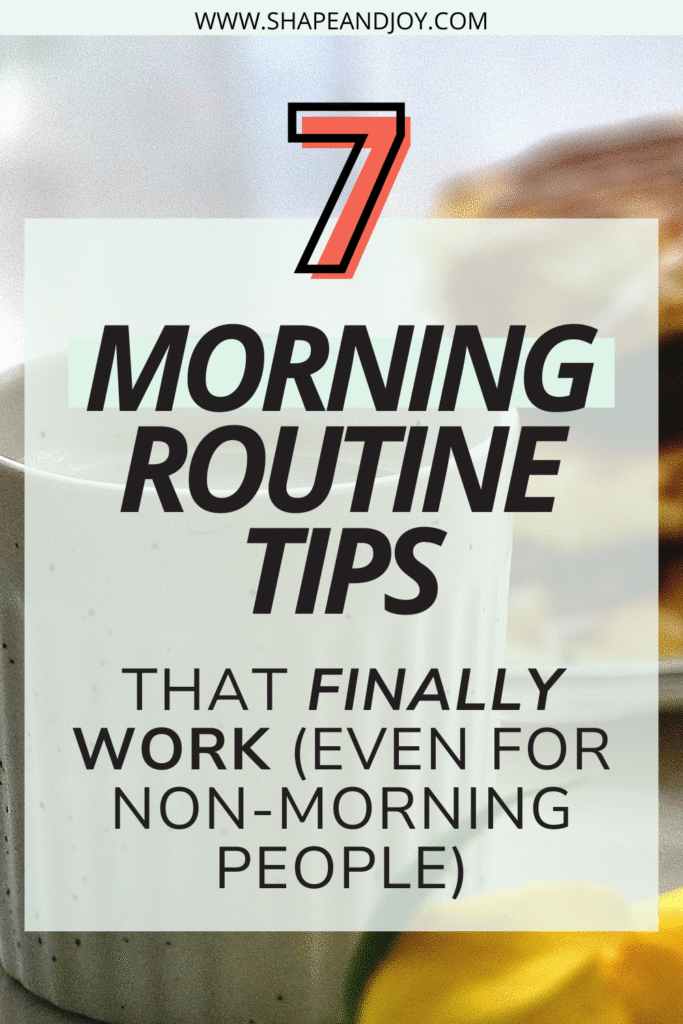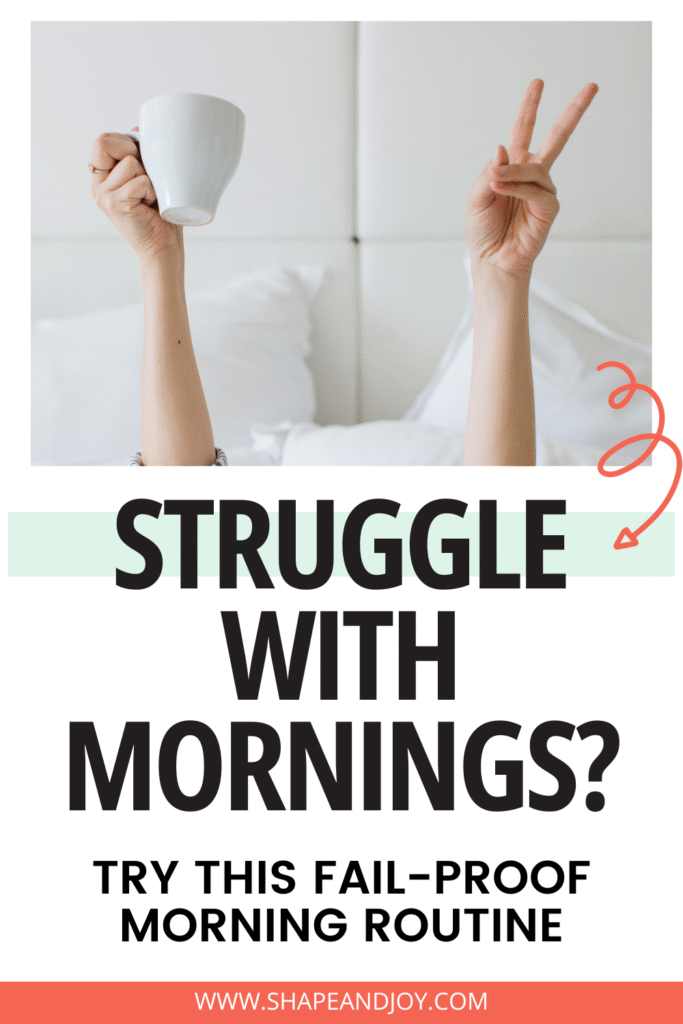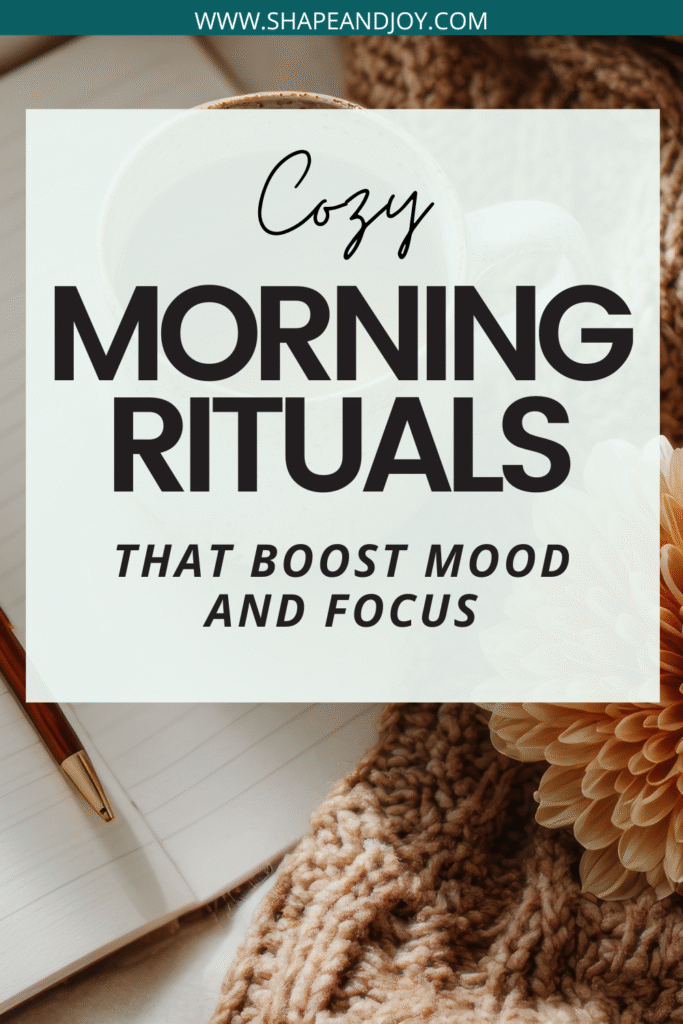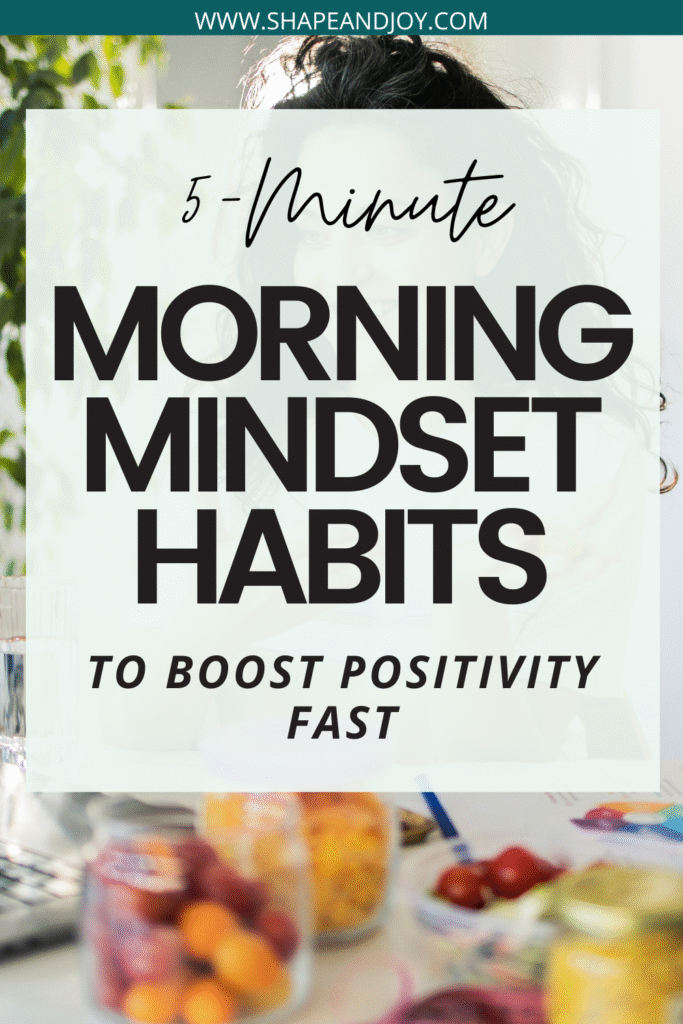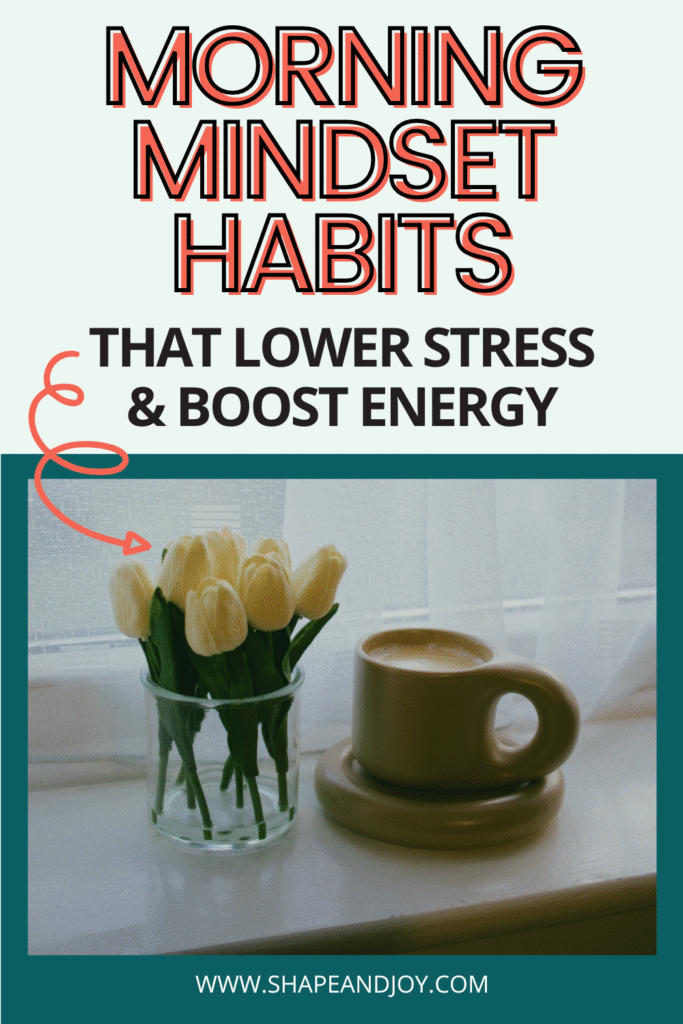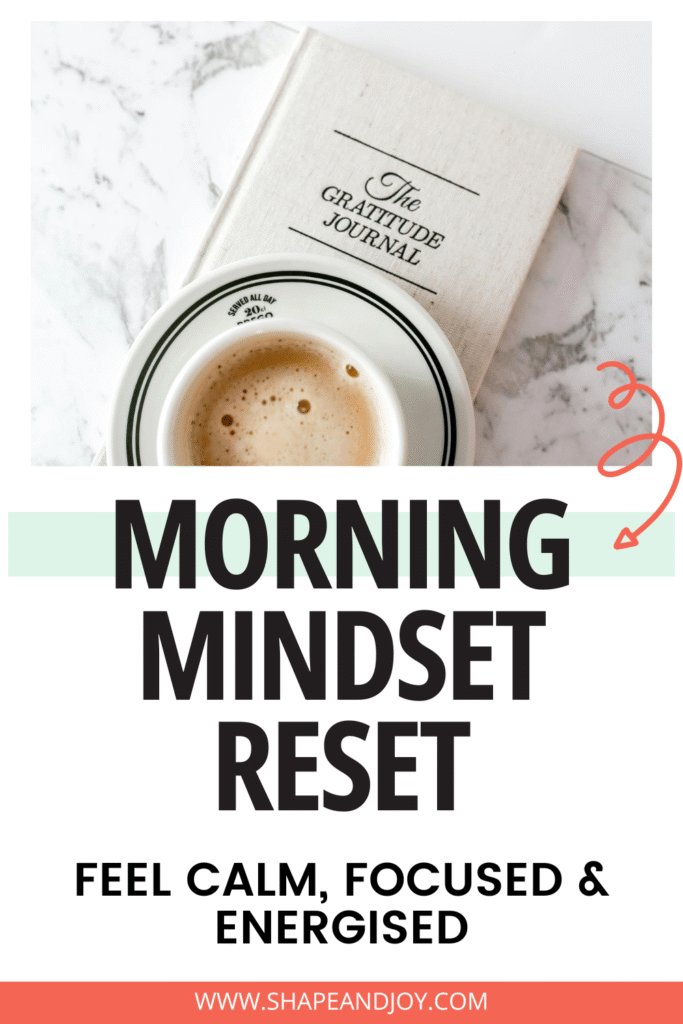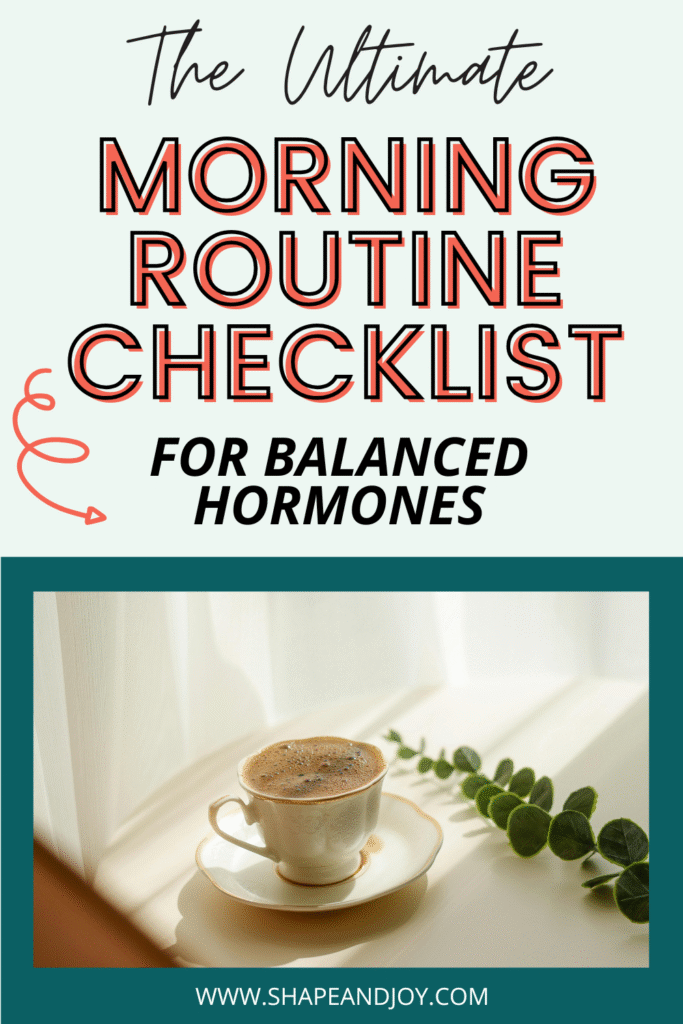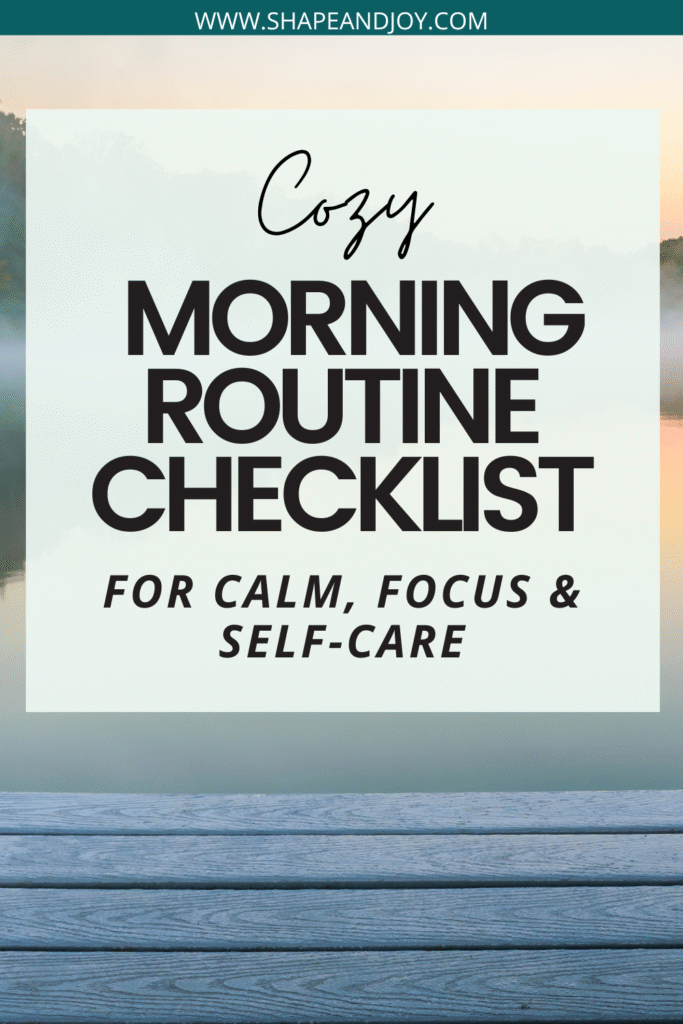Mental Detox: Reset Your Mind, Break Bad Habits & Start Fresh This Month
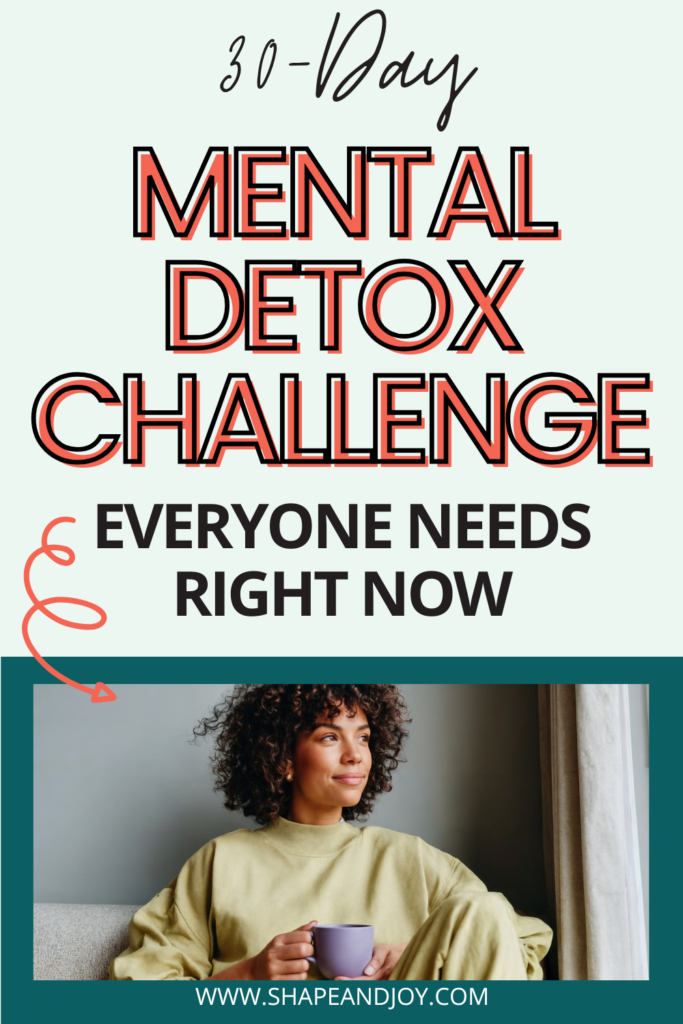
Ever feel like your brain is running on low battery, but someone’s still smashing the refresh button? You’re exhausted, overwhelmed, and somehow still can’t switch off. If your mind feels permanently cluttered, like a to-do list that never bloody ends, you’re not alone. Modern life is loud, demanding, and relentless, and your nervous system is quietly waving a white flag. What you need is a little Mental Detox.
This post is your 30-Day Mental Detox Challenge, a gentle but powerful reset for your mind. Over the next 30 days, you’ll focus on one small, realistic action each day to calm the mental noise, reduce overwhelm, and help you feel more in control again.
No dramatic life overhaul. No toxic positivity. Just practical, doable habits that actually fit into real life, the kind you can manage even on your busiest, messiest days.
Think of this challenge as closing a few mental tabs, turning the volume down, and finally giving your brain a breather. You don’t need perfection, motivation, or a fresh notebook to start, just a willingness to try. So grab a cuppa, take a breath, and let’s get stuck into the 30-Day Mental Detox Challenge, one calm, confidence-boosting day at a time.
DAY 1: Put Your Phone Down First Thing
Before you check messages, news, or socials, breathe. Even five minutes without your phone in the morning stops your brain going into panic mode before you’ve brushed your teeth.
You don’t need the world’s problems at 7am. You need tea. And a minute.
DAY 2: Drink Water Before Coffee
I know. Rude. But dehydration makes anxiety worse, focus worse, and moods wobblier.
One glass of water first. Then coffee. No martyrdom required.
DAY 3: Write a “Brain Dump”
Everything. To-dos, worries, random thoughts, the thing you forgot to reply to in 2021.
Your brain is not a storage unit. Get it out on paper and give your head a break.
DAY 4: Move Your Body (Gently)
This is not a workout challenge. A walk. A stretch. A kitchen dance while the kettle boils.
Movement tells your nervous system: we’re safe. That matters more than calories burned.
DAY 5: Unfollow One Account That Drains You
If it makes you feel “less than”, annoyed, or weirdly tense, gone. No announcement. No guilt.
Protecting your peace is not dramatic. It’s mature.
DAY 6: Go to Bed 30 Minutes Earlier
Not scrolling in bed. Not “just one more episode”.
Sleep is the most underrated mental health tool we have, and it’s free.
DAY 7: Start Time Blocking
You’ve probably heard of time blocking, and yes, it’s popular for a reason.
Instead of one massive, overwhelming to-do list, you divide your day into dedicated blocks of time. Work block. Life admin block. Rest block.
You stop trying to do everything at once, and suddenly your brain can breathe again.

DAY 8: Check Emails Less Frequently
Every email notification is a tiny mental slap.
Yes, checking takes seconds. But getting your focus back? That’s the killer.
Pick set times to check emails and stick to them. You’ll get more done and feel less frazzled.
DAY 9: Say No Once (Without Explaining Yourself)
No apology essay. No over-justifying.
A simple “I can’t, sorry” is enough. Your energy is not a community resource.
DAY 10: Tidy One Small Area
Not the whole house, calm down.
One drawer. One surface. One bag. Visual clutter = mental clutter. This works instantly.
DAY 11: Eat One Proper Meal, Undistracted
No phone. No standing at the counter like a goblin.
Sit down. Chew. Taste. Your nervous system loves predictability and presence.
DAY 12: Write Down One Win
Not a humble brag. Not “I should’ve done more”.
One thing you did right today, even if it’s “I showed up”.
DAY 13: Stop Multitasking
Multitasking is a lie we were sold to survive capitalism.
Do one thing. Finish it. Feel calmer immediately.
DAY 14: Get Some Fresh Air
Rain counts. Grey skies count. Fresh air resets your brain chemistry, genuinely.
Five minutes outside beats five hours spiralling indoors.
DAY 15: Take a Social Media Break (Even a Short One)
An hour. An evening. A day. You don’t need to know what everyone else is doing.
You need to know how you are doing.
📌 Pin this for later! ⬇
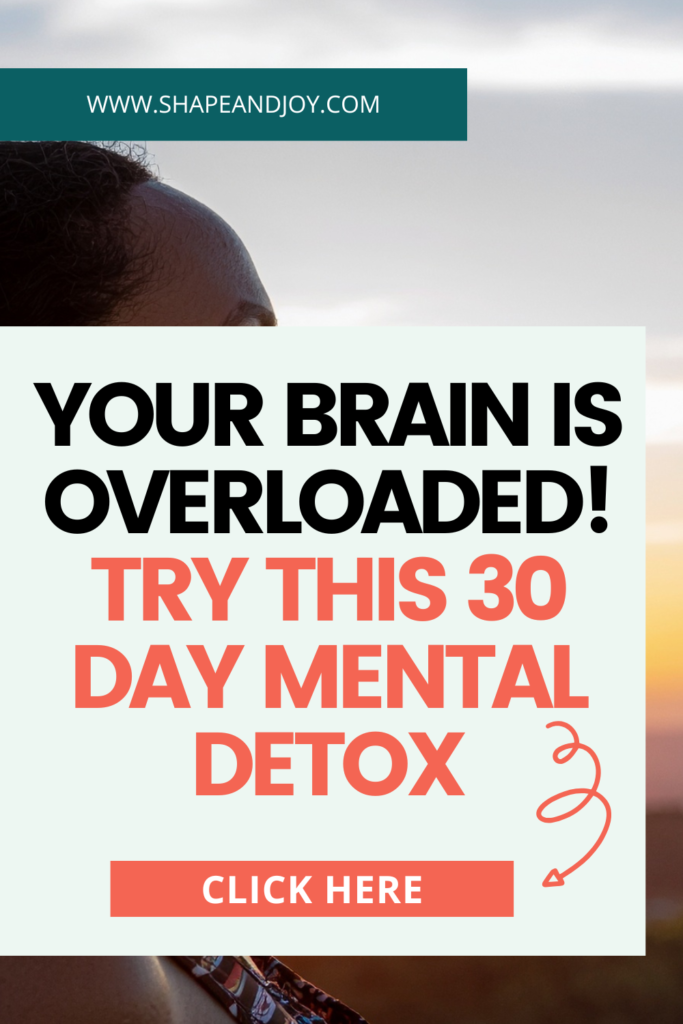
DAY 16: Do Something Just for You
Not productive. Not useful. Read. Craft. Watch rubbish TV.
Joy without a purpose is still valid.
DAY 17: Write a “Not Today” List
Not everything needs solving now.
Write down what you’re not dealing with today, and consciously park it. Mental boundaries matter.
DAY 18: Breathe Properly (Yes, Really)
Slow breath in through your nose. Longer breath out.
This tells your nervous system: stand down. It’s science, not woo.

DAY 19: Reduce News Intake
You can be informed without being overwhelmed.
Check once. Not constantly. Your brain isn’t built for a 24/7 doom feed.
DAY 20: Move One Task Off Tomorrow’s List
Future-you deserves fewer problems, not more.
Do one thing now that helps tomorrow feel lighter.
DAY 21: Go for a Walk Without a Podcast
Silence can feel awkward, until it feels freeing.
Let your thoughts wander. You don’t need constant input.
DAY 22: Write Down What’s Draining You
People. Habits. Commitments.
Awareness is step one. You don’t have to fix it all yet.
DAY 23: Declutter Your Digital Life
Delete old apps. Clear your inbox. Unsubscribe.
Your phone doesn’t need to be as chaotic as your brain used to be.
DAY 24: Ask for Help (Small Counts)
You don’t need to be at breaking point.
A question. A favour. A bit of support. Strong people ask.
DAY 25: Slow One Thing Down
Eating. Walking. Talking.
Rushing everything trains your nervous system to live in panic mode.

DAY 26: Stop “Should-ing” on Yourself
“I should be doing more”
“I should be better by now”
Bin it. You’re allowed to be human.
DAY 27: Plan One Thing to Look Forward To
Big or small.
Your brain needs reminders that good things are coming, not just responsibilities.
DAY 28: Reflect on What’s Working
Not what you failed at. What actually helped.
Do more of that.
DAY 29: Decide What You’re Not Taking Forward
One habit. One thought pattern. One pressure.
You don’t need to carry everything into the next chapter.
DAY 30: Celebrate Finishing
Not because you did it “perfectly”. Because you showed up.
That counts more than you think.
Read These Next
Conclusion
This 30-day mental detox wasn’t about fixing yourself, it was about turning the volume down and giving your brain some breathing room. Small habits, done imperfectly, can still make a massive difference.
You don’t need to keep all 30. Keep the ones that worked. Come back to them when life gets loud again.
Next Steps
“You don’t have to control your thoughts. You just have to stop letting them control you.”
Read This Next: The Ultimate Monthly Reset Routine: Checklist Ideas To Refresh Your Month
📌 Pin this for later! ⬇
